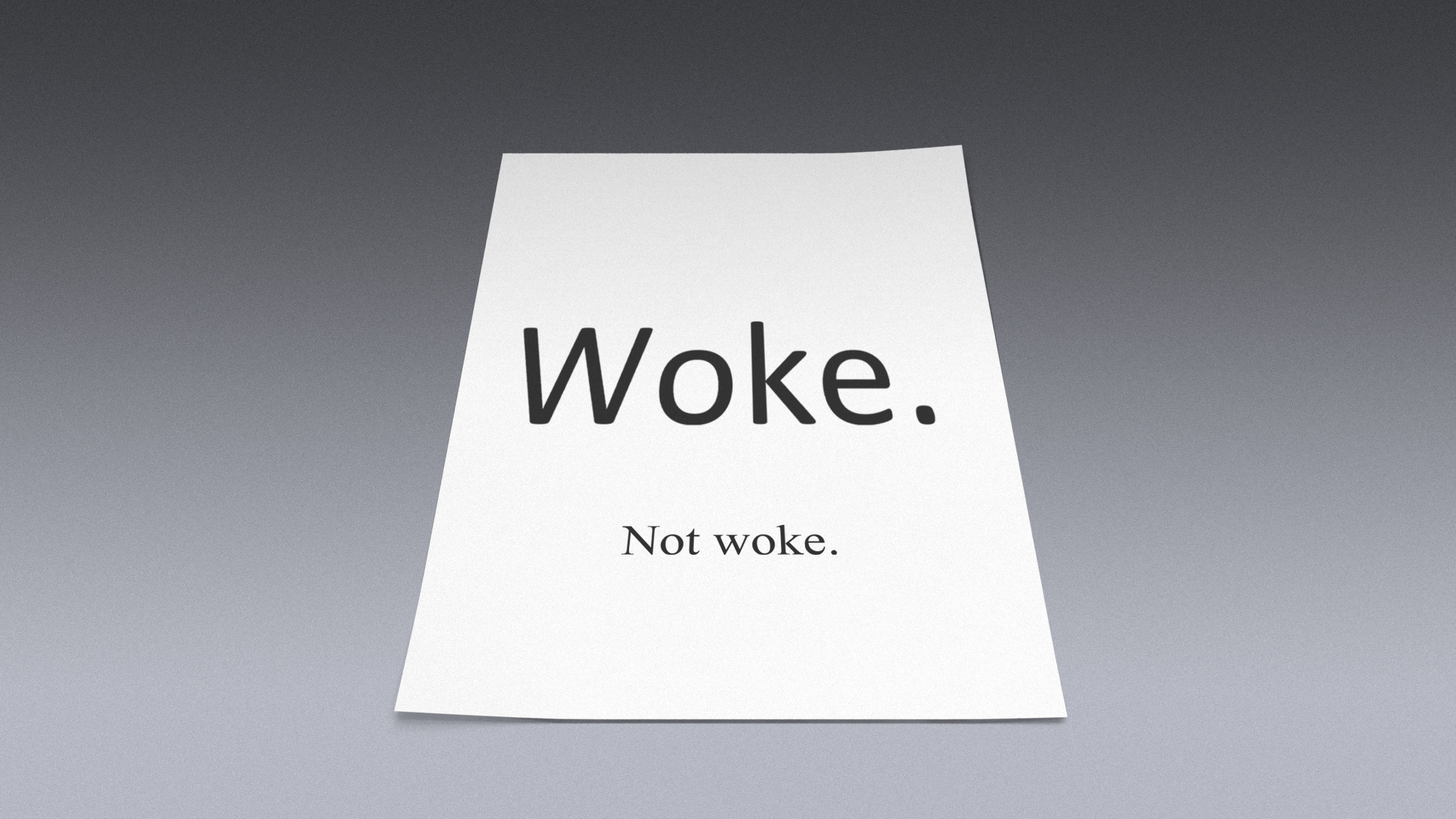America just found $700 billion in its couch cushions
How should we spend it?


$700 billion. That's roughly equal to the original Wall Street bailout, or the Obama stimulus package. It's enough money to have extended George W. Bush's high-end tax cuts for another decade. It's equal to the entire GDP of Switzerland.
$700 billion is a lot of money, even for a $17 trillion economy with a $4 trillion annual budget like America.
And we just found $700 billion between Uncle Sam's couch cushions.
The Week
Escape your echo chamber. Get the facts behind the news, plus analysis from multiple perspectives.

Sign up for The Week's Free Newsletters
From our morning news briefing to a weekly Good News Newsletter, get the best of The Week delivered directly to your inbox.
From our morning news briefing to a weekly Good News Newsletter, get the best of The Week delivered directly to your inbox.
The Congressional Budget Office on Tuesday released its updated, 10-year budget forecast. Most of the news was awful. A slowdown in tax revenue from weaker-than-expected economic growth means the federal budget deficit will widen this year for the first time since 2009, to $549 billion from $438 billion last year. And those deficits will keep climbing year after year, hitting $1 trillion in 2024. Deficits over the next decade will total nearly $9 trillion.
But here's the good news: That debt total is a whopping $700 billion less than what CBO predicted earlier this year. Even though Washington will collect $400 billion less in taxes, CBO now thinks interest rates won't rise as fast as it had predicted, meaning $1.1 trillion less in federal debt payments.
Not that Wall Street or Washington seem much worried about the growing debt anyway. Financial markets — at least for now — care little about all the red ink flowing from Washington. Continued low long-term interest rates suggest investors highly doubt inflation will flare or Uncle Sam will default.
America's presidential candidates are equally apathetic. Hillary Clinton's economic plan looks to do nothing to change the budget trajectory, according to the Committee for a Responsible Federal Budget, while Donald Trump's would make it far, far worse. As Trump recently told CNBC, "This is the time to borrow."
A free daily email with the biggest news stories of the day – and the best features from TheWeek.com
But borrow for what, exactly? Coast-to-coast bullet trains? Eliminating the capital gains tax? The CBO revision, of course, isn't the same as finding an extra $700 billion in gold at Fort Knox. It just means the U.S. is on track to borrow and spend $700 billion less than previously thought over the near and medium term. The U.S. still has a huge long-term debt problem likely requiring major reforms to middle-class entitlements and a higher tax burden. By 2026, the federal debt-to-GDP ratio will be twice its postwar average and is projected to double again over the next few decades. Even most debt doves think that a risky proposition, at best.
Still, the slightly improved debt forecast might help nudge a political deal after the election. The biggest economic problem facing America isn't the national debt, and it isn't the rising wealth of all those tech billionaires. The real challenge is a slow-growth economy that isn't providing enough shared prosperity. The Democratic growth agenda centers around infrastructure spending. Clinton has offered a $250 billion plan. And many Democrats really don't see much need to pay for it. Influential liberal economist Lawrence Summers recently wrote that borrowing to fix dilapidated roads, bridges, and airports would likely pay for itself.
Assuming Clinton is the next American president — a 77 percent probability if we take into account polls, the economy, and historical data — Republicans aren't likely to hand-wave away a debt-financed infrastructure spending proposal from the White House. Congressional Republicans are going to want it paid for, probably through some substantive entitlement reforms. That's not going to happen. Many Democrats these days actually want to increase spending on these programs — especially Social Security.
So here's an idea for the $700 billion, or at least part of it: Republicans could let Democrats offset higher infrastructure and science research spending. Leave the Medicare, Social Security, and tax reform discussions to another day (though not another decade or even presidential term). They're what stalemates and gridlock are made of.
So what would the GOP get in exchange for hundreds of billions in infrastructure spending? Democrats could agree to significant regulatory changes to boost U.S. business competitiveness and innovation. During the GOP primary season, Jeb Bush had an intriguing reform plan that would have (among other things) required regulators to propose a dollar in reduced regulatory costs for each new cost they proposed. It also would have empowered Congress to approve or reject regulations that imposed heavy burdens on the economy.
Unlike previous "grand bargain" proposals, which tend to be about pain — reduced programs benefits, higher taxes — this would take advantage of a smidge more fiscal breathing room to institute popular pro-growth policies and make the economic pie bigger. An expensive pie, perhaps, but worth it.
James Pethokoukis is the DeWitt Wallace Fellow at the American Enterprise Institute where he runs the AEIdeas blog. He has also written for The New York Times, National Review, Commentary, The Weekly Standard, and other places.
-
 There’s a new serif in town: Trump’s font overhaul
There’s a new serif in town: Trump’s font overhaulIn the Spotlight As the State Department shifts from Calibri to Times New Roman, is this just a ‘typographic dispute’, or the ‘latest battleground’ of a culture war
-
 Do you have to pay taxes on student loan forgiveness?
Do you have to pay taxes on student loan forgiveness?The Explainer As of 2026, some loan borrowers may face a sizable tax bill
-
 Planning a move? Here are the steps to take next.
Planning a move? Here are the steps to take next.the explainer Stay organized and on budget
-
 The billionaires’ wealth tax: a catastrophe for California?
The billionaires’ wealth tax: a catastrophe for California?Talking Point Peter Thiel and Larry Page preparing to change state residency
-
 Bari Weiss’ ‘60 Minutes’ scandal is about more than one report
Bari Weiss’ ‘60 Minutes’ scandal is about more than one reportIN THE SPOTLIGHT By blocking an approved segment on a controversial prison holding US deportees in El Salvador, the editor-in-chief of CBS News has become the main story
-
 Has Zohran Mamdani shown the Democrats how to win again?
Has Zohran Mamdani shown the Democrats how to win again?Today’s Big Question New York City mayoral election touted as victory for left-wing populists but moderate centrist wins elsewhere present more complex path for Democratic Party
-
 Millions turn out for anti-Trump ‘No Kings’ rallies
Millions turn out for anti-Trump ‘No Kings’ ralliesSpeed Read An estimated 7 million people participated, 2 million more than at the first ‘No Kings’ protest in June
-
 Ghislaine Maxwell: angling for a Trump pardon
Ghislaine Maxwell: angling for a Trump pardonTalking Point Convicted sex trafficker's testimony could shed new light on president's links to Jeffrey Epstein
-
 The last words and final moments of 40 presidents
The last words and final moments of 40 presidentsThe Explainer Some are eloquent quotes worthy of the holders of the highest office in the nation, and others... aren't
-
 The JFK files: the truth at last?
The JFK files: the truth at last?In The Spotlight More than 64,000 previously classified documents relating the 1963 assassination of John F. Kennedy have been released by the Trump administration
-
 'Seriously, not literally': how should the world take Donald Trump?
'Seriously, not literally': how should the world take Donald Trump?Today's big question White House rhetoric and reality look likely to become increasingly blurred
